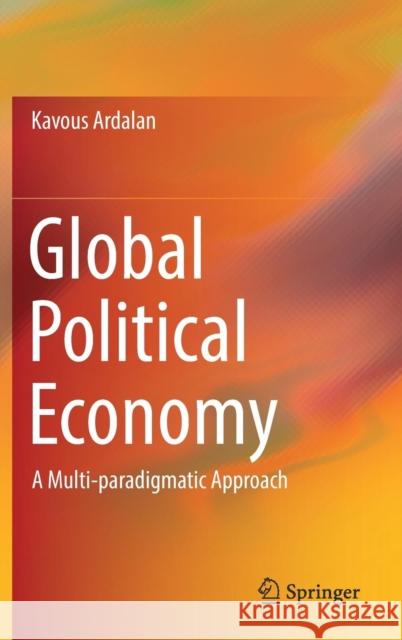Global Political Economy: A Multi-Paradigmatic Approach » książka
topmenu
Global Political Economy: A Multi-Paradigmatic Approach
ISBN-13: 9783030103767 / Angielski / Twarda / 2019 / 196 str.
Kategorie:
Kategorie BISAC:
Wydawca:
Springer
Język:
Angielski
ISBN-13:
9783030103767
Rok wydania:
2019
Wydanie:
2019
Ilość stron:
196
Waga:
0.47 kg
Wymiary:
23.39 x 15.6 x 1.27
Oprawa:
Twarda
Wolumenów:
01
Dodatkowe informacje:
Wydanie ilustrowane











